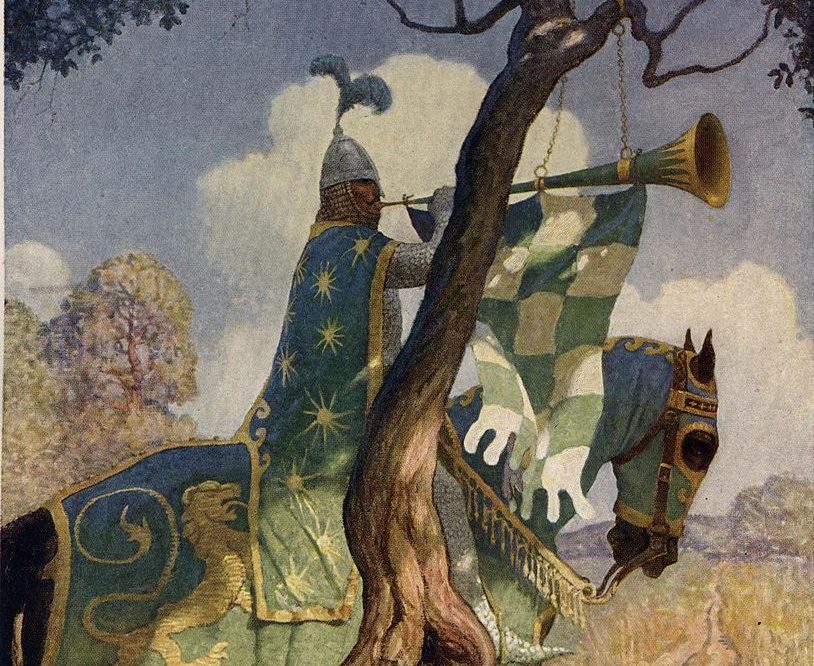Last Friday I led a Lost Literary Edinburgh Wikipedia editathon as part of the Being Human Festival. It focused on forgotten women authors that have been surfaced again through the enormous text mining activity that underpins the LitLong project.
“…might there be other voices to hear in the chorus? Other, less familiar stories? By letting the algorithms do the reading, we’ve tried to set that familiar narrative of Edinburgh’s literary history in the less familiar context of hundreds of other works.” (About Litlong)
Over the course of the day we had 20 participants either physically in the room, or contributing remotely (thanks @WikiWomeninRed).
Quite a few of the participants left wanting to come back and do one of our “Train the Trainer” sessions so that they can learn to run their own events. Hopefully they got a good sense of what running a training session needs to cover having seen myself and Sara Thomas deliver sessions. Ewan McAndrew has also made some great open resources available online at the TES website to support running Wikipedia training sessions and of course there’s our Wiki Basics SPLOT (which incidentally seemed to work very well – largest number of users pre-registered for an editathon ever!).
What may be less visible is some of the other work that goes on around an editathon to make it successful. So here’s a handy list:
In advance:
- Research. You need a list of articles to create or improve in advance of the event. Muireann Crowley did a brilliant job of pulling this information together for this editathon. This is foundational stuff – an editathon will lack focus without this.
- Swag. Stickers, t-shirts, bags, pens, badges, Wikipedia handouts. The infamous “Citation Needed” keyrings. A little something to take away or use as prizes.
- Snacks. Editing is lots of research and thinking. Tea, coffee, sweet things, fruit all keep the energy levels up.
- Advertising: Set up a wiki events page, whatever booking system you plan to use, and knock yourself out on social media. Use some of the research info to highlight things people could focus on in the editathon to try catch the imagination.
On the day:
- Tagging: Get users to write on a board which articles they are working on. As articles are created, add a template to their Talk pages to identify them as being created as part of this event. Also make sure all new user accounts created have included a template on the User page identifying them as new accounts.

Screenshot of Litlong editathon template. No rights reserved by me. - Helping: Be familiar with the main sources of information in advance – you are probably going to have to help editors find information on the day, and also answer queries about the best way to reference or cite information. If you have a friendly Librarian, get them involved in editathons if you can, because this is their super-power. You will also need to help move pages from Draft or Sandbox into the main (Article) space for new users.
After the event:
- Impact: Use a tool like the Outreach Dashboard to track all the pages edited and improved and do your stats to quantify the impact of the event. You may have your own reporting requirements, but it’s always good to update the Wiki events page to note the outcomes of the event.
- Thanking: Make up a template thanking participants for taking part and add it to the Talk page for their User profile. Use it to highlight how many pages were edited/improved/new resources added etc. Include follow on actions, sources of more information, mailing lists, related projects. Whatever you think will help participants to continue outside the editathon activity. Thank them again. Pictures of virtual snacks can be a nice idea.
- Aftercare: Monitor the articles created for a week or so afterwards, particularly checking the Talk page and watching for any suggestions of deletion / significant improvement required. Be prepared to put up the Wikipedia Bat Signal if that happens (aka yell for help on Twitter).
Running editathons isn’t just about generating content, it’s about building open knowledge community and capacity. Follow up is important.
My follow up after the event is to take Ewan’s template slides and adapt them for myself. They worked pretty well for me, but I need to put a little of my own voice (and bad puns) into them. I may well create an online version rather than Powerpoint slides because I’m really enjoying the SPLOTPoint format for this kind of resource. I’m reliving my 1990s technical authoring dream days all over again….
(Newell Convers Wyeth [Public domain], via Wikimedia Commons)

One thought on “After the Wiki rush”